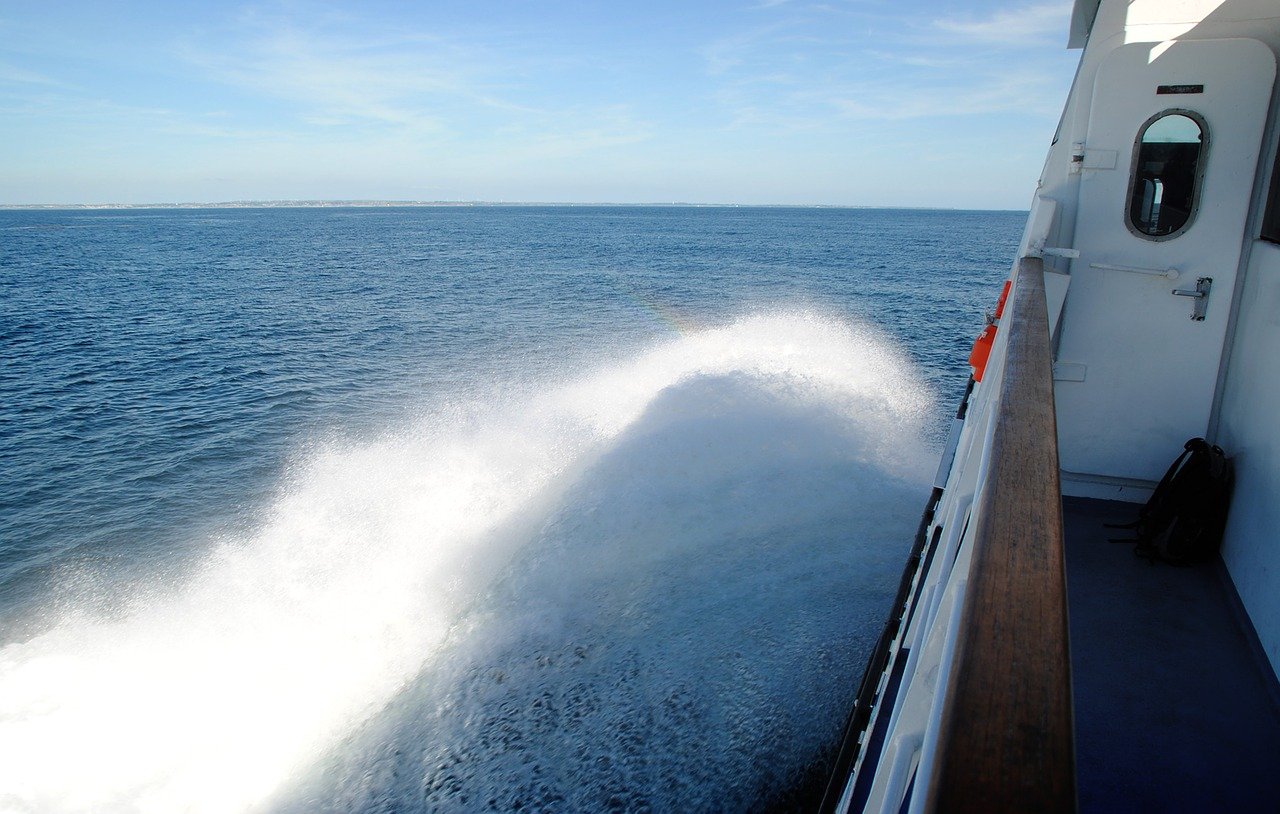Cable breaks occur more often than you might think. Research presented in this paper counted 14 different cable failures in U.S. territorial waters or exclusive economic zone between 2008 and 2012.
We rarely hear about such cable failures because we currently enjoy two built-in mechanisms that mitigate the effects of a break: a robust, redundant set of networks allowing traffic re-routes when a cable fails, and a nimble fleet of cable repair ships that can respond quickly to problems. Changes to the interpretation of the Jones Act may impair the latter mechanism.
Under President Trump’s administration, the U.S. Department of Homeland Security’s Customs and Border Patrol (CBP) proposed revising almost 30 Jones Act interpretive rulings going back to 1976. If adopted, it would have major ramifications for the cable industry.
The Jones Act is federal legislation created to protect the American merchant marine, but it also regulates maritime commerce in U.S. waters and ports. (If maritime law facts are your thing, check out this Planet Money podcast about the Jones Act.)
Historically, an exception to the Jones Act has been in place for “vessel equipment,” which is not typically considered merchandise.
According to a recent article in SubTel Forum Magazine, if the CBP’s proposed policy is adopted, that could change. Cable ships would be prohibited from laying and repairing cables on U.S. voyages unless they are “coastwise qualified vessels" that do indeed comply with the Jones Act.
What is a coastwise qualified vessel, you ask? In a nutshell, a cable ship would have to have been built in a U.S. shipyard and at least 75 percent of the crew would be U.S. citizens. Further, at least 75 percent of the vessel would be owned by U.S. citizens.
And how do these changes stack up against the world’s current fleet of cable ships? It would seem that none of the 59+ cable ships out there satisfy all of these requirements. Says Douglass Burnett and Alice Leonard De Juvigny, “The immediate impact would be a de facto blockage of cable maintenance and repair operations anywhere on the U.S. continent shelf…This would affect not only U.S. cable owners and operators, but also their foreign consortium partners and tried and true maintenance agreements.”

